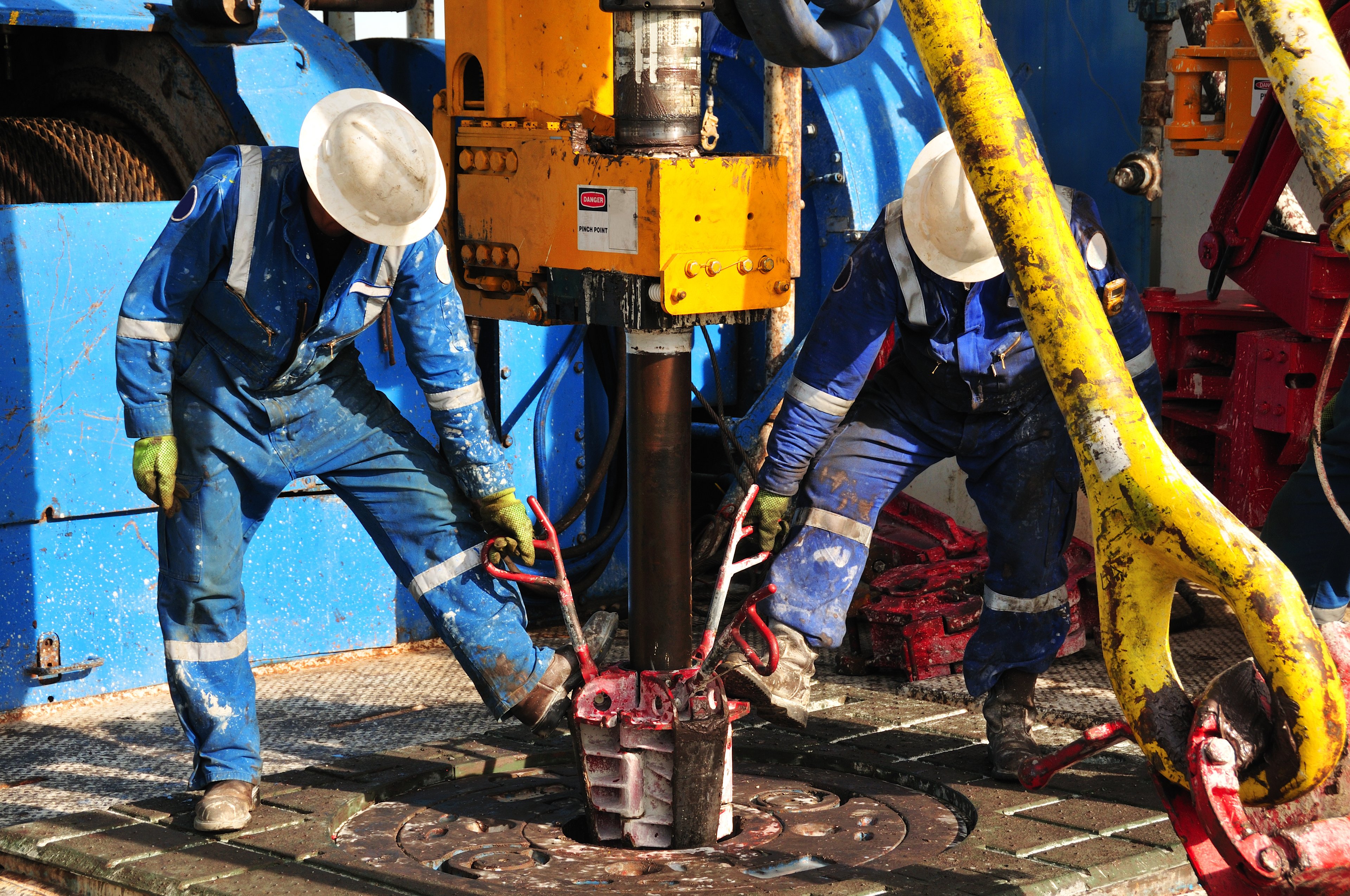The natural gas market is heating up in 2014. Despite the rally, Devon Energy (DVN +1.74%) won't benefit as much as it could have, given its shift away from natural gas to oil production. Let's examine the recent changes the company implemented in order to augment its oil production and cut its natural gas operations.
Steering away from natural gas
Devon Energy has decided to slowly steer away from natural gas and increase its oil production. In particular, during 2013, the company slashed its natural gas production by nearly 7%, while its oil production increased by nearly 15%. Despite the fall in the company's natural gas production in 2013, the jump in the realized price of natural gas last year led to a 22% jump in its natural gas revenue.
Nonetheless, this trend of cutting natural gas production is likely to continue in 2014. Therefore, in the first quarter of 2014, the sharp rise in the price of natural gas is likely to more than offset the decline in the company's production.
Devon Energy isn't the only company that is steering away from natural gas to oil: Chesapeake Energy (CHK +0.00%) also plans to lower its natural gas production by roughly 1% in 2014, while its oil production is expected to rise by 16%.
The Eagle Ford
One of Devon Energy's purchases back in late 2013 is likely to sharply increase its oil production in the coming years. The company bought GeoSouthern Energy's assets in Texas' Eagle Ford shale. This acquisition is expected to increase the company's oil and natural gas liquids, or NGL, production to a peak of 140,000 barrels of oil equivalent per day. Since the company's daily production was roughly 692,900 BOE in 2013, this recently acquired asset will add nearly 20% on top of its current production.
But based on my rough estimates, this peak oil production will come to fruition in 2022. In the short term, this asset is expected to generate nearly $800 million in free cash flow starting in 2015. Considering the company's free cash flow was negative in 2013, this asset will significantly improve the company's cash flow situation.
Chesapeake is also operating in the Eagle Ford shale; in the fourth quarter, production in this asset grew by 39% year over year. Nearly 68% of the company's production in this asset was oil. This asset is also likely to improve Chesapeake's production and steer it toward oil.
The shift away from natural gas wasn't the only change Devon Energy implemented in recent years. The company shifted its focus to the U.S. and Canada as it sold off its assets in other regions, including Brazil, the Gulf of Mexico, and Azerbaijan, back in 2010.
Moreover, the company continues to grow its production, mainly in the U.S. For example, back in 2013, Devon Energy increased its U.S oil production by more than 31%, while its oil production in Canada grew by 3%. These changes are likely to reduce the company's foreign exchange risks.
Bottom line
Devon Energy has cut its natural gas production in the past year and is likely to continue on this path in the coming years. Conversely, the company's decision to purchase assets in the Eagle Ford shale is likely to significantly improve its cash flow in the coming years.






